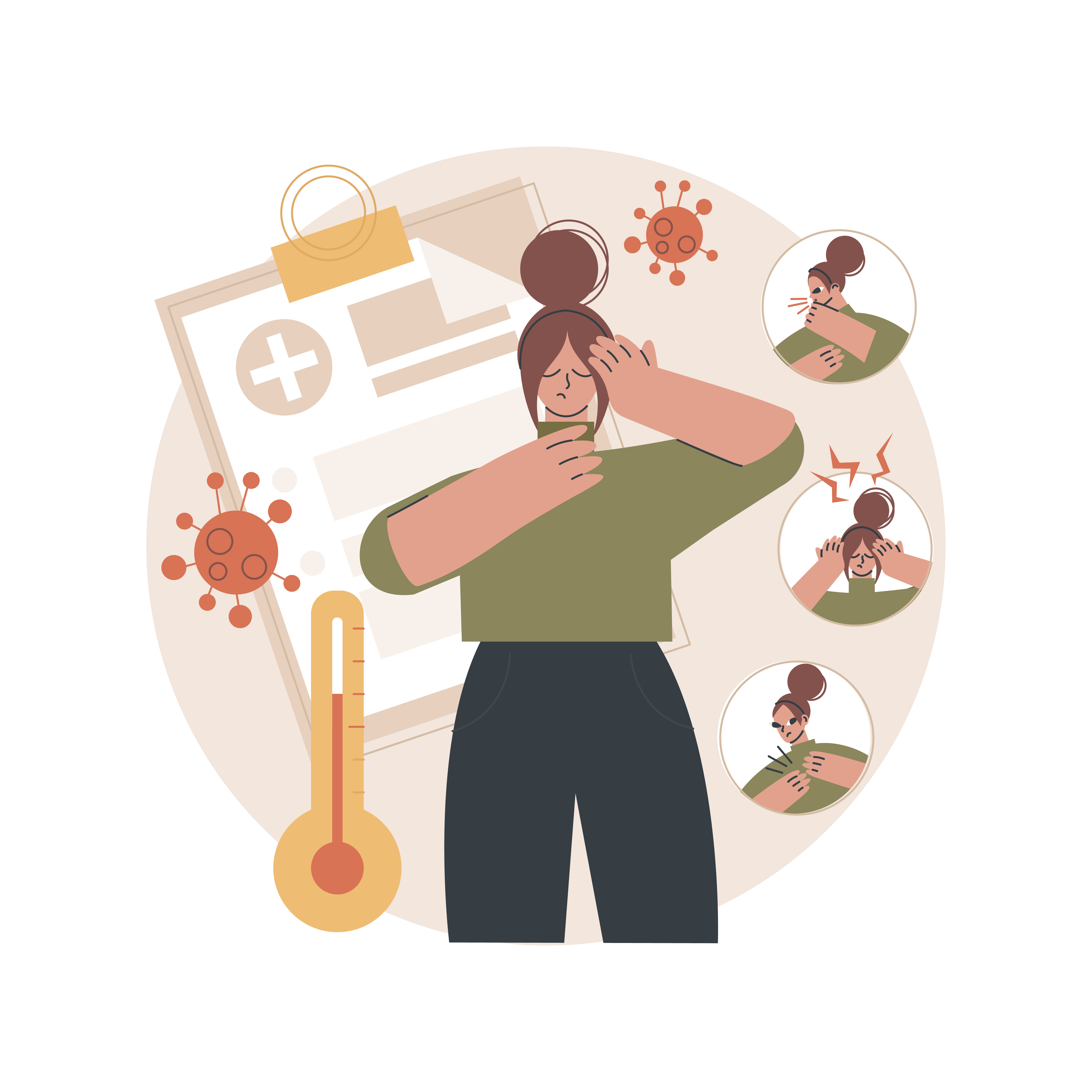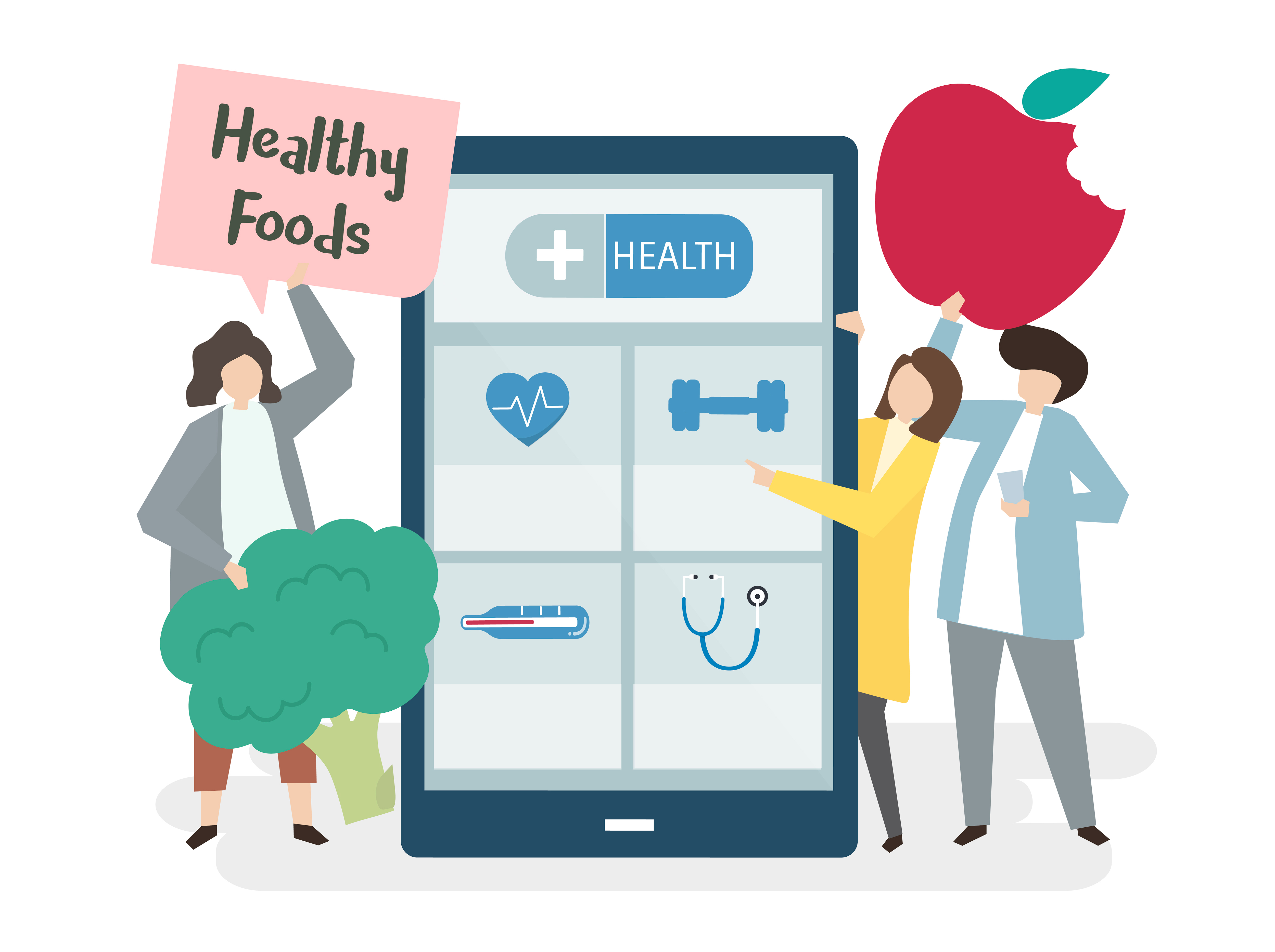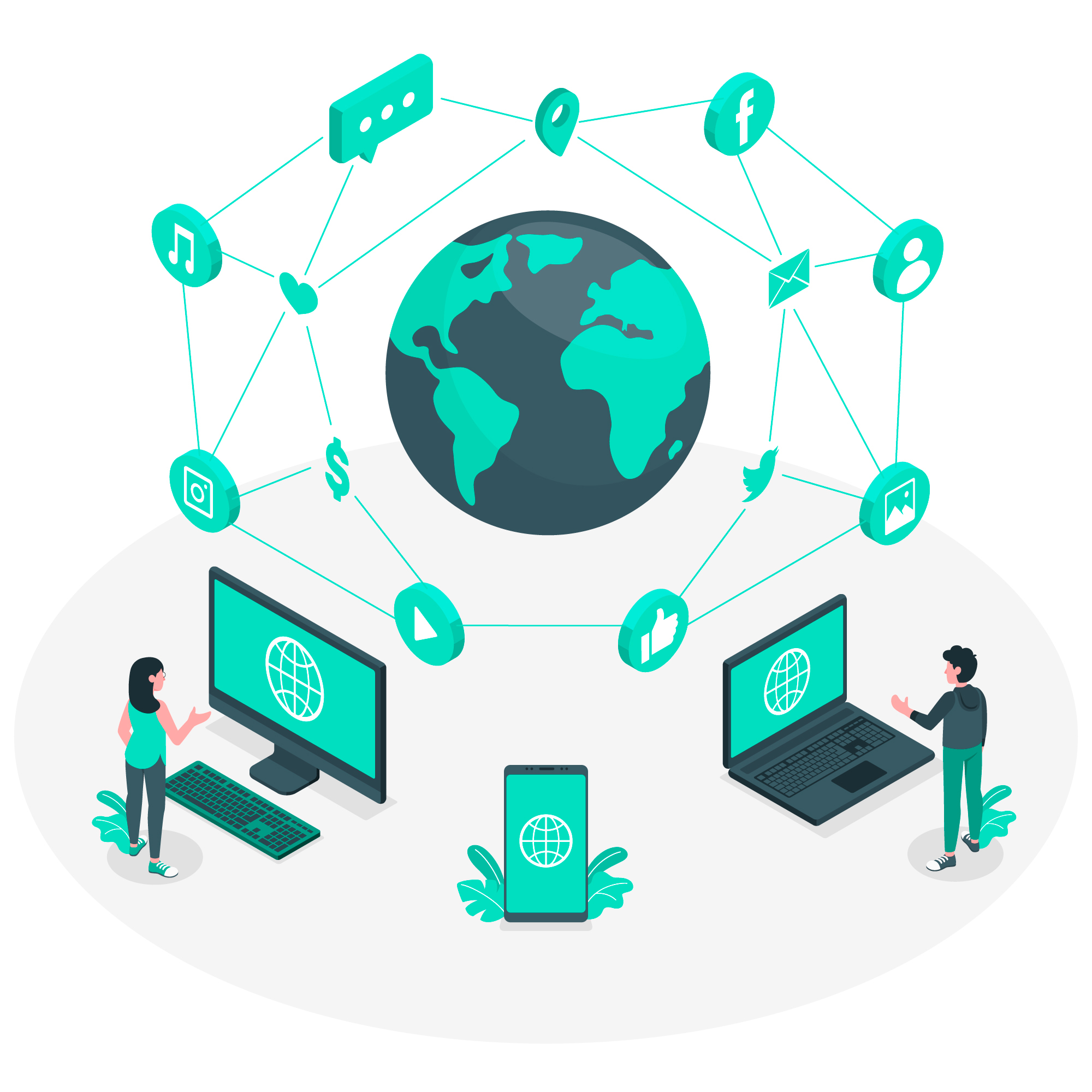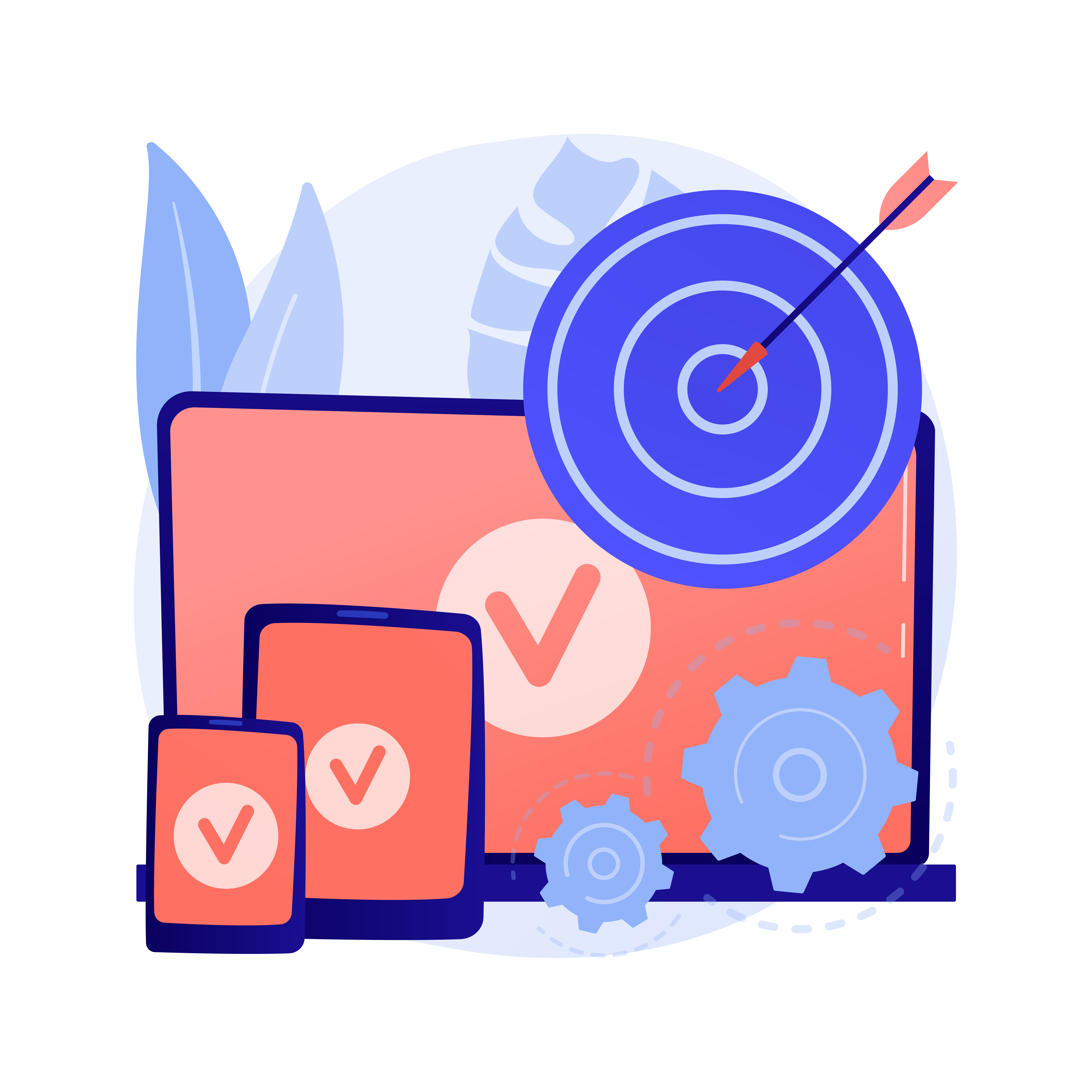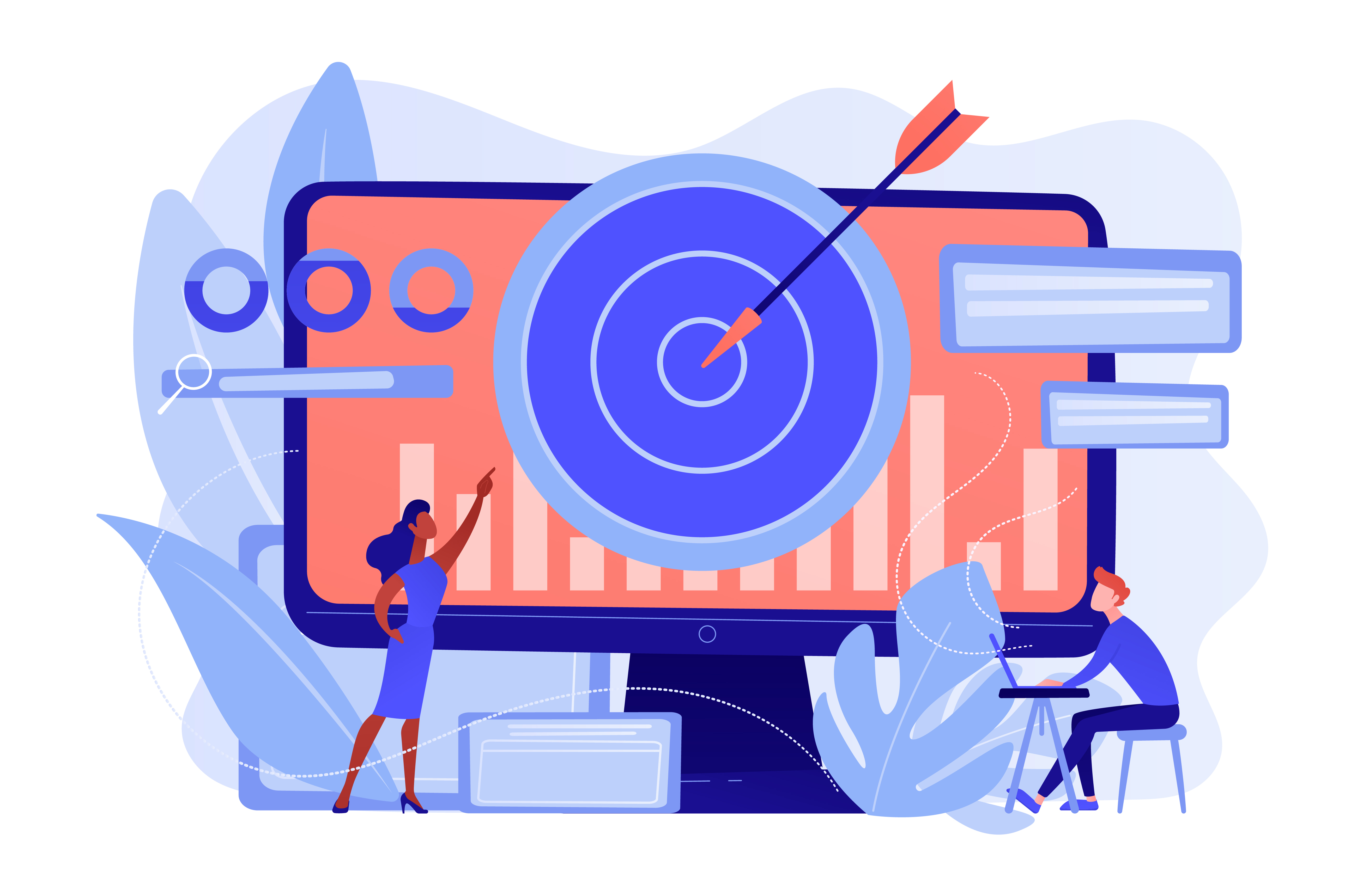Why are we doing the project?
We have a special project.
The project helps people with an intellectual disability.
These people should learn to take good care of their health.
They should do this with the help of computers and the internet.
There are about 20 million people with an intellectual disability living in Europe.
Health problems
People with an intellectual disability often have health problems.
They get sick more quickly than others.
They often have many different illnesses.
But often they don't get the help they need.
For example, they have problems with movement.
Or they have epilepsy, which is a disease in which you suddenly fall over and twitch.
Some have mental health problems, which means they often feel sad or anxious.
Others have problems with their teeth and mouth.
Or they have a chronic illness, which means they are ill for a very long time.
Some have problems with their heart or blood vessels.
There is a rule from the United Nations.
This rule is called the UN Convention on the Rights of Persons with Disabilities.
The rule says: People with disabilities can go to the doctor just like everyone else.
There is also a rule in Europe.
The rule is called the European Disability Strategy 2021-2030.
The rule says: People with disabilities often need more help from the doctor.
They need 4 times more help than people without disabilities.
Many people use computers and smartphones.
They also look for health information on the internet.
This is called digital health literacy.
It is important and brings new opportunities.
But also new difficulties.
What is digital health literacy?
- What does digital health literacy include?
- You have to be able to use a computer or smartphone.
- You have to be able to find the right information on the internet.
- You have to know if this information is correct.
- You need to know whether this information is important for you.
- You also need to be able to write new information on the internet.
- And you need to be able to protect your private data.
Digital health literacy is important.
It helps people to stay healthy.
With digital health literacy, you can take better care of your health.
This means you can prevent illnesses.
You can live healthily.
And you can feel better.
Some studies say that people with intellectual disabilities have health problems.
They don't know enough about how to take care of their health.
And they don't get the right health care.
One reason for this is that they have no access to the digital world.
Explanation:
Digital health literacy means using the internet to find and understand information about health.
Studies are investigations carried out by scientists.
People with intellectual disabilities sometimes have difficulties learning or understanding things.
The digital world is everything that has to do with computers and the internet.
Objectives
ID-Health helps people with special needs.
We help these people to take good care of their health.
We teach them how to use computers and cell phones.
We have four important tasks.

- We want to help people with intellectual disabilities.
- These people should learn more.
- They should be able to do new things.
- They should change their minds.
- This helps them to take better care of their health.
- They should also use digital health aids.
- Digital health aids are, for example, apps on cell phones.
- These apps help you stay healthy.
- People should use these apps every day.

- We help people who have difficulties learning.
- We make new things for learning.
- These things are easy to understand.

- We help people who have a hard time learning.
- We help them to use computers and the internet better.
- This is called “digital skills”.
- We also help them to stay healthy.
- They learn how to find information about health on the internet.
- This is called “digital health literacy”.

- We want to talk to people who take care of people with intellectual disabilities.
- We want to show these people how computers and the internet can help with health.
- Digital health literacy means knowing how to use the internet for health. This can help people with an intellectual disability.
- For example, they can search for information on the internet if they are not feeling well.
- Or they can talk to their doctor over the internet.
- This is especially good if they cannot go to the doctor.
Target groups
The target groups are the people who are particularly important for the project.
The people for whom the project is being done are:

There are people with disabilities in their heads. These people need help with being healthy. And they need help with using the internet. There is a new project for these people. The project is for all people with disabilities in their heads. Some people just need a little help. Other people need more help. Everyone can join in. The project makes everything easy. This way, people who need more help can also join in. They can learn if they get the help they need. For example: They can take courses. There are people to help them. These people are there for the courses. They help with learning.

Helpers: There are special people who help others. These experts help people with disabilities. Relatives or other people also help. They help people with intellectual disabilities. They learn together with them.
What do they learn?
They learn how to use the internet for health. This is called digital health literacy. It helps people with disabilities to take better care of their health.
What do the helpers learn? They learn new things about health on the internet. And they learn how to teach people with disabilities.
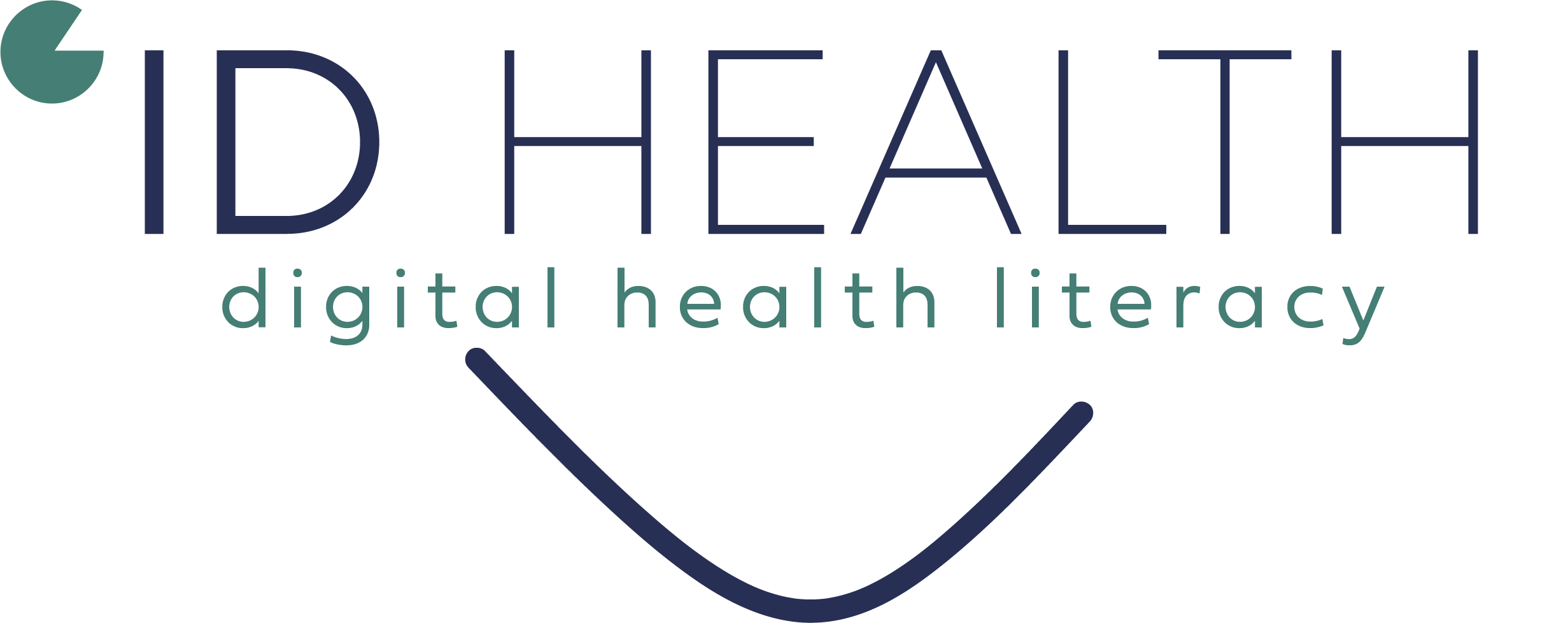
.jpg)
